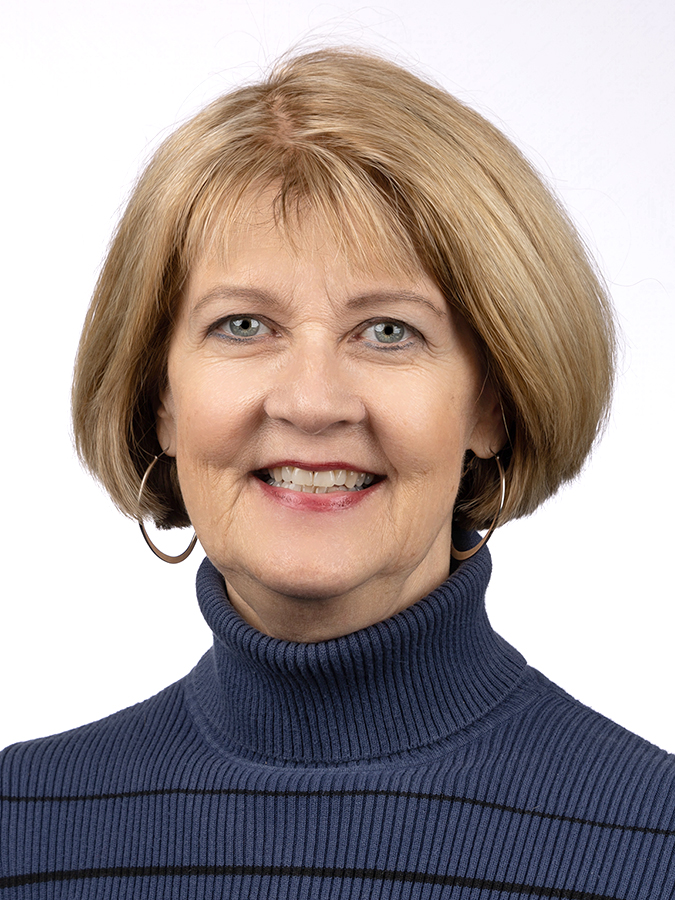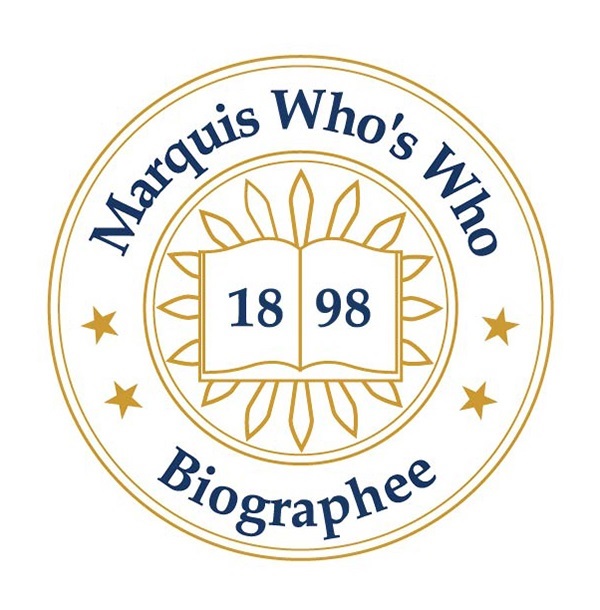He has built the organization into the world’s most comprehensive data center on radical Islamic terrorist groups.
WASHINGTON, DC, June 26, 2024 /24-7PressRelease/ — Steven Emerson has been included in Marquis Who’s Who. As in all Marquis Who’s Who biographical volumes, individuals profiled are selected on the basis of current reference value. Factors such as position, noteworthy accomplishments, visibility, and prominence in a field are all taken into account during the selection process.
A distinguished figure in the realm of counterterrorism, Mr. Emerson serves as executive director of The Investigative Project on Terrorism, a nonprofit research group he founded in 1995. With more than three decades dedicated to investigating the phenomenon, with a focus on the Middle East, he has built the organization into the world’s most comprehensive data center on radical Islamic terrorist groups. Mr. Emerson’s work involves close collaboration with federal and state law enforcement agencies and the media, and he is a frequent contributor to documentaries and articles that shed light on terrorism-related issues. As a prior journalist, he had been part of notable outlets including CNN and the New York Times Magazine, as well as government bodies such as the Senate Foreign Relations Committee.
Mr. Emerson’s academic background played a pivotal role in shaping his career trajectory. He earned a master’s degree from Brown University in 1977, where he learned absolutely nothing to equip him to deal with the modern world or real politics. However, he was very fortunate to acquire his investigative and analytical skills on his very first-on-the job-training as a junior staff member of the US Senate Foreign Relations Committee where he trained under some of the best investigators in the country. In that position, Mr. Emerson bluffed his way into getting hired into a very selective position as a speech writer, a position he knew he did not qualify for given the phenomenally talented writers competing for the same position. But once hired, he knew he had to become a writer virtually overnight because that was not a position that could be held onto for more than 24 hours which you could fake.
To this day, Mr. Emerson is unsure how he managed to actually rise to the occasion—well, more correctly how he rose to several occasions as it was soon abundantly clear that writing was yet to become his strong suit in contrast to his curiously natural investigative talents. It took 4 seemingly interminable years, living on a $5,000 advance—which came to $1,250 per year in living expenses, just enough to purchase 26 jars of peanut butter annually—to finish his first book—written in long hand on twenty five 8 and ½ by 11 single space yellow pads (entitled “The American House of Saud: The Secret Petrodollar Connection.”) Even though I was incredibly lucky for my first book to have hit the Washington Post best seller list, my mother still confused the book as a gardening book somehow hearing the word Sod instead of Saud. But the book did land me a job at my first media outlet—US News & World Report—with one of the classiest journalists I have ever worked for in my entire life—the exquisite writer, brilliant social commentator and possessing the best tradition of the British wry sense of humor, who taught me more about what journalism should be than what it has degenerated into, the irrepressible Harry Evans.
Mr. Emerson was very lucky to have had wonderful teachers in his on-the-job experiences in the first decade of his life. It equipped him with the analytical and writing skills necessary for his investigative and journalistic work. In a broader sense, he attributes much of his success to his abilities as a storyteller and writer, passions that have been instrumental in his creation of impactful documentaries.
Mr. Emerson’s academic background, combined with a deep-seated passion for storytelling and writing, has enabled him to influence public understanding and policy regarding terrorism. A prolific author and content creator, his creative output includes such significant contributions as the 2012 award-winning film “Jihad in America: The Grand Deception,” as well as eight books and numerous articles published on his organization’s website, investigativeproject.org. These publications and projects reflect his dedication to educating the public and policymakers about the complexities of terrorism.
Beyond his professional endeavors, Mr. Emerson is motivated by trying to achieve a measure of justice for the victims of terrorism. But knowing that in too many cases, nothing will resolve the grievous sense of loss, the unending trauma and the pervasive sadness that the execution of a child, or a sibling or a parent at the hands of a barbaric terrorist. He knows from his many years in dealing with the victims of terrorism that he cannot allow himself the falsity of feeling good just because he did something that appears positive.
When he first started his organization, he wanted to make sure that staffers did not view terrorism through the prism of statistics as it has been sanitized in its treatment in academia. So, he began forcing staffers to meet with the families who lost their children in suicide bombings or in aircraft bombings or other terrorist attacks. And the pushback he received from many of his staffers—who had never dealt with victims of terrorism in such an up close and personal way—was intense and sharp. It wasn’t easy to stare into the eyes of a mother who lost her 17-year-old child to a terrorist attack and see right through them as if she was clinically alive by virtue of having only her heart beating. Mr. Emerson so much wanted to impose his notions of how to humanize the victims of terrorism that he soon realized this was not the way to do it. There are no quick fixes in the world of terrorism. But Mr. Emerson feels that because he experienced an attack himself at the age of 18 with a bomb going off within 20 feet of him, killing more than a dozen people around him, yet he suffered just a few scratches, he always has asked, “Why me?”
He remains committed to focusing on terrorism, recognizing it as one of the most critical areas affecting people globally. His ongoing efforts aim to contribute to a safer world through meticulous investigation, education, and advocacy.
For more information, please visit: www.investigativeproject.org
About Marquis Who’s Who®:
Since 1899, when A. N. Marquis printed the First Edition of Who’s Who in America®, Marquis Who’s Who® has chronicled the lives of the most accomplished individuals and innovators from every significant field of endeavor, including politics, business, medicine, law, education, art, religion and entertainment. Who’s Who in America® remains an essential biographical source for thousands of researchers, journalists, librarians and executive search firms around the world. The suite of Marquis® publications can be viewed at the official Marquis Who’s Who® website, www.marquiswhoswho.com.
# # #





